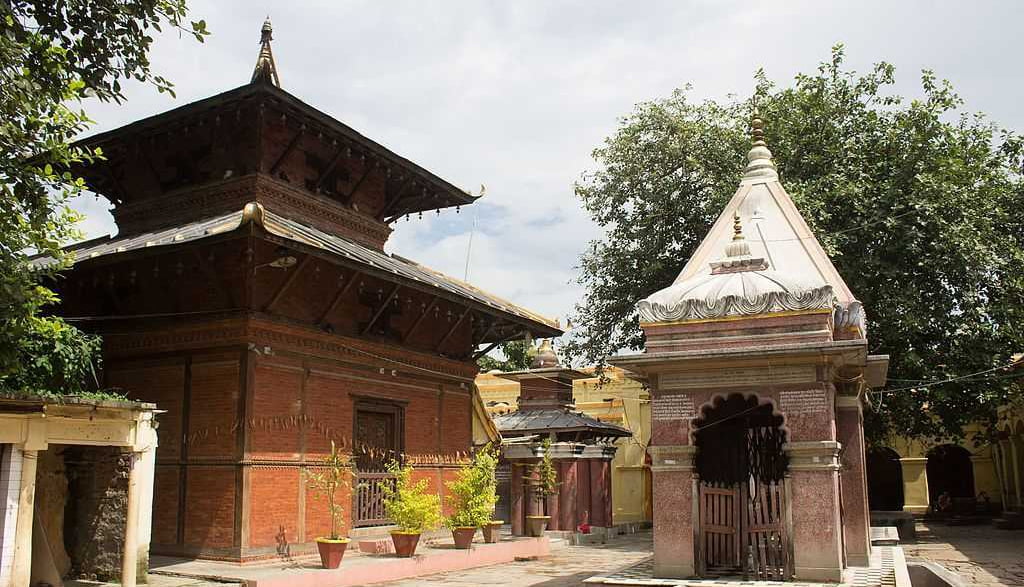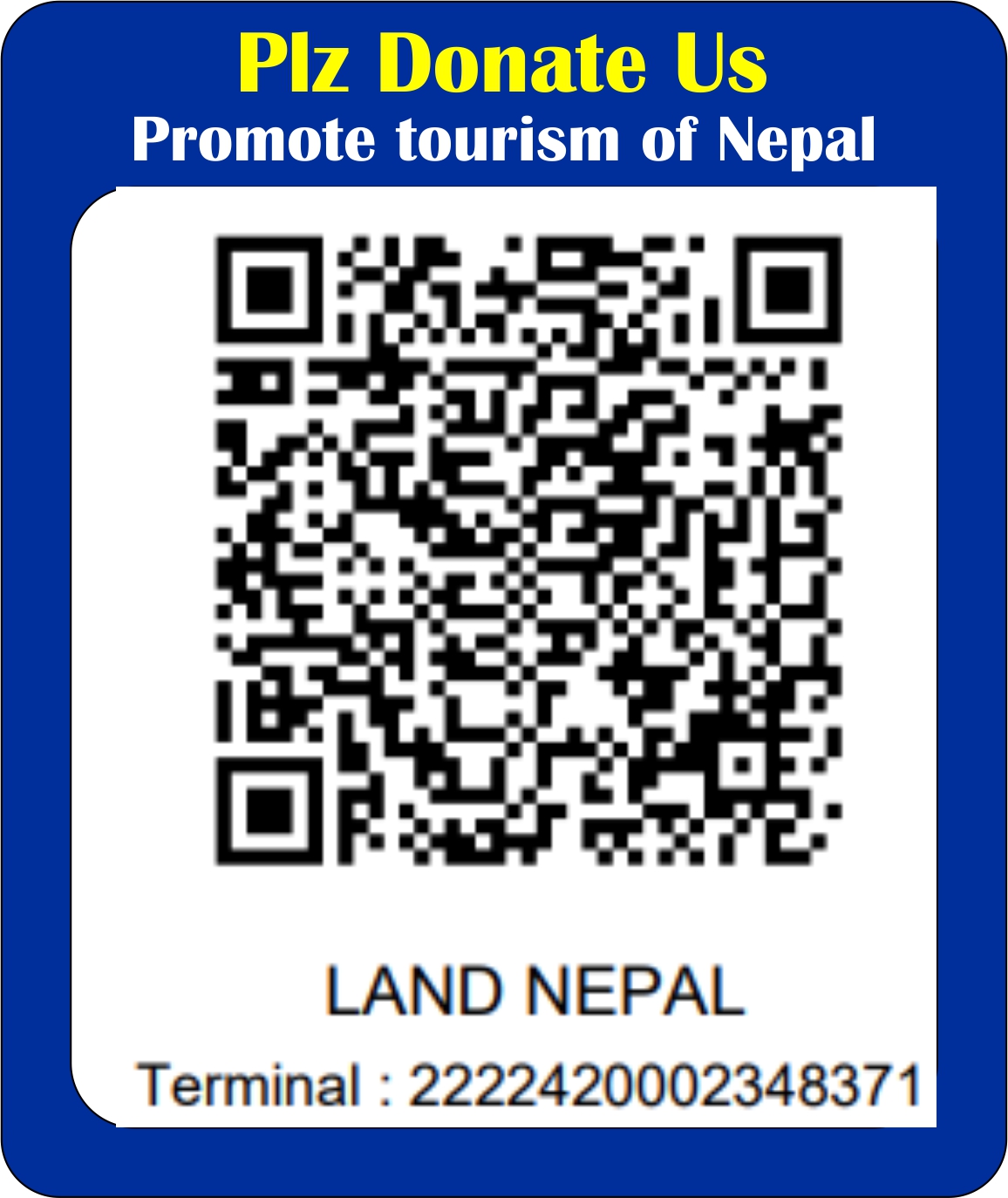Janakpur was founded in the early 18th century and is also known as Janakpurdham. It is a Nepalese sub-metropolitan city in the Dhanusa District. This city is roughly 225 kilometers south of Kathmandu. After Biratnagar and Birgunj, Janakpur is the third biggest city in the Terai area and Nepal’s seventh largest city.Dudhmati, Jalad, Rato, Balan, and Kamala are the five main rivers that surround Janakpur. It’s a humid-subtropical climate here. Janakpur is one of Nepal’s most rapidly developing cities.
The Yadavs, Brahmins, Kyastha, Tharu, Musahar, Rajput, and Chetris are among the ethnic groups who live in the Dhanusha district. There are several good schools, universities, health care facilities, and parks in this city. Tourism, agriculture, and local industry are the backbone of the local economy.Maithili women of Janakpur create Mithila Art, which is well-known across the world. The magnificent Ram Janaki Temple, which is located in the city’s heart, attracts a great number of tourists each year.
Janakpur is a significant Hindu pilgrimage destination because of its link to the Hindu epic Ramayana. Goddess Sita is said to have been born here, and it is also where she married Lord Ram. Janakpur is renowned as the City of Ponds because of its more than seventy ponds. Every year, thousands of people flock to this sacred city.Janakpur is a popular tourist destination because of the nice weather, the large and colorful festivals held throughout the year, the spectacular architecture of the temples, and the friendly inhabitants. Janakpur, however, is more than simply temples and monuments. The city’s rich cultural heritage, arts, language, and literature are well-known.Janakpuris the Mithila civilization’s heartland, a mixing pot of cultures, faiths, and possibilities.
The major attractions and the must visit places in Janakpur city are:
JanakiMandir: JanakiMandir is one of the most well-known Hindu temples devoted to the Hindu Goddess Sita. Locals refer to it as NauLakhaMandir since the temple’s construction cost nine lakhs rupees. The temple was constructed in 1911 AD by Queen VrishaBhanu of Tikamgarh, India. It is built in a fusion of Mughal and Hindu architectural styles. It is a three-story building built completely of stone and marble.
In the Janaki temple, there are 60 rooms with magnificent lattice windows and castles, as well as the Nepalese flag, colorful glass, engravings, and Mithila art. A golden statue of the Goddess Sita was discovered in 1657, and Sita is supposed to have resided there. During her engagement, Janaki or Sita picked Lord Rama as her spouse.Their wedding took place at the VivahaMandap temple, which is located nearby. Pilgrims and travelers from all over the world go to this ancient Hindu temple during the VivahPanchami festival in November and December. It is the city’s yearly celebration commemorating Sita and Rama’s marriage with various holy ceremonies and rituals.The temple is equipped with unique arts, lights, and bhajans are sung every day throughout the festival. Around the temple grounds, we can sense the joyful as well as spiritual environment.
Ram Mandir: Amar Singh Thapa constructed this temple, Ram Mandir in honor of Ram, the prince of Ayodhya. The Ram Mandir is a 10-minute walk from JanakiMandir, and is located directly across from Dhanusagar. Many stone idols of Lord Shiva may be found on the temple’s right side. Ram Navami and VivahPanchami are the two most important festivals at Ram Mandir.Special bhajans are performed on Ram Navami since it is the birth tithi (date) of Ram. On VivahPanchami, several unique traditional codes are conducted as marriage codes to be observed between Ram Mandir and JanakiMandir.

Ganga Sagar: The holy pond named Gangasagar is located near Ram Mandir in Janakpur. The water for this pond is thought to have been transported from the Ganga. At night, this pond takes on a beautiful appearance. During the Chhath celebration, it is magnificently decorated. Even during the aarti, visitors can take a boat ride on the pond.
Vivah Mandap: The VivahaMandap, also known as the Ram SitaVivahaMandir, honors the marriage of Lord Ram and Sita. The artwork representing the real marriage can be found in this temple. On the pillars, there are also demigods who have come to observe the historic occasion.
Swargadwar: Swargadwar is situated on the Gangasagar’s west bank. Swargdwari is a combination of the words Swarg (Heaven) and Dwar (Lord) (gate). As a result, this place is regarded as a portal to paradise for the dead.
Women Development Center: It is a non-profit organization that gives skills and business training to women in order for them to be self-sufficient. Initially, women were taught traditional Mithila paper craft, but now they are also taught sewing, screen printing, pottery, and painting.
Overall, Janakpur is a sacred city where visitors can immerse themselves in a variety of cultures, traditions, religions, arts, and languages. May, July, and August are the ideal months to visit Janakpur.
-Article written by: Saru Niraula for Land Nepal




